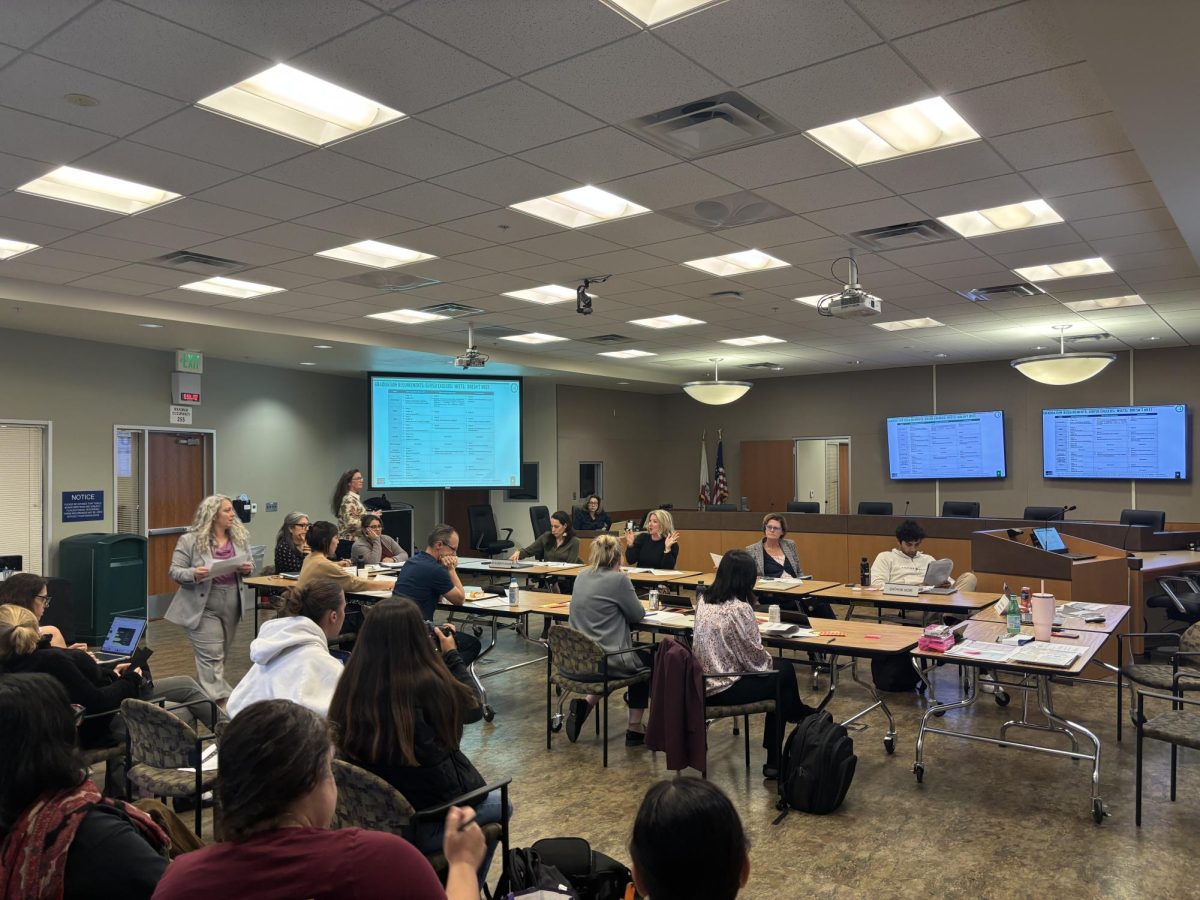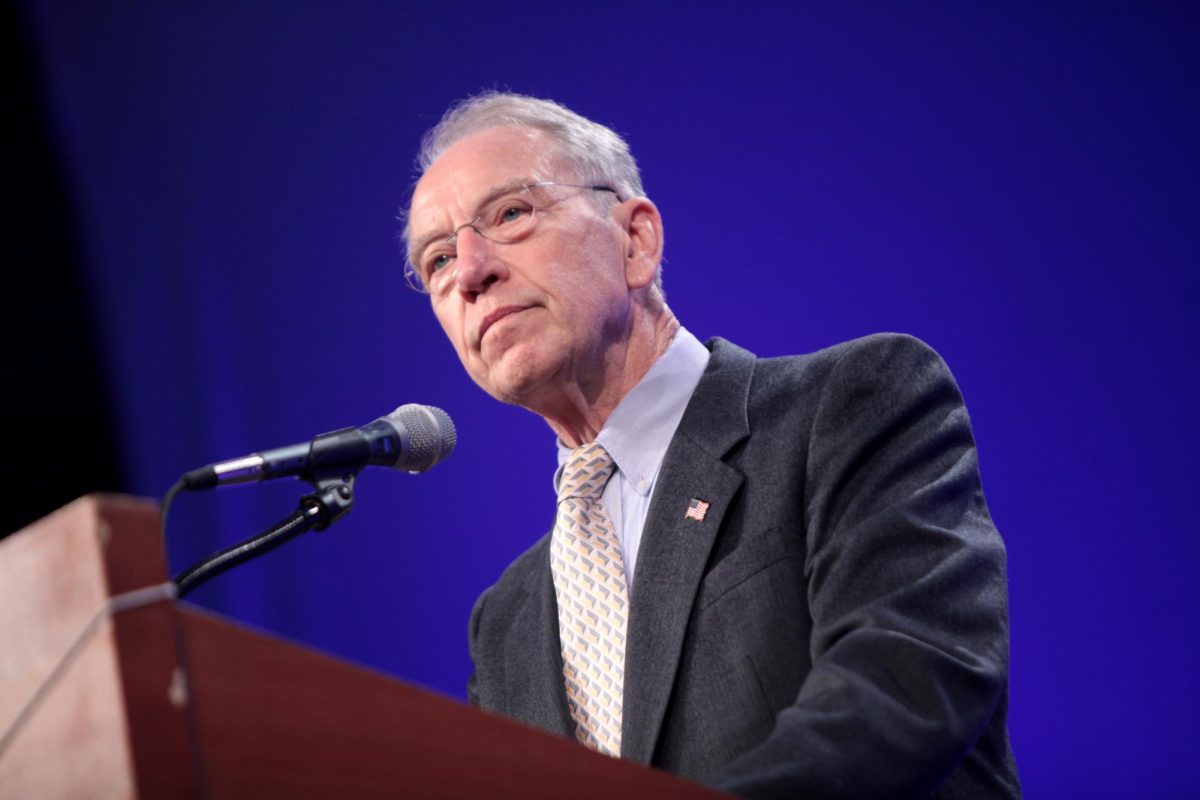Spain has changed the scheme of current European politics with their Socialist Party taking 24 percent of their seats in government.
In what politicians have frequently called a “divided” political world, voters are being forced to sacrifice parts of their political views to be able to fit within a certain political platform. There are likely many Spanish citizens who object to pure socialism, but these citizens ended up voting for socialist representatives because their views aligned most closely with a socialist politician’s views.
Spain has many smaller parties that struggle to align with each other, and that prevents a coalition government. For example, Socialists will need to reach out to smaller parties and bring them into the fold if they hope to form a coalition and have enough seats to control the government. Spain is one example among many where this division in political thinking and voting is taking place. Venezuela reflects this trend as well.
Woodside economics teacher Gregory Griffiths has opinions on how socialism impacts the world and its politics.
“Socialism is a controversial political view,” Griffiths commented. “Every time a new Socialist Party gets elected to power, there will be critics because of the lack of success. Socialism has not had as viable a long term government and economic system. Venezuela is currently struggling under a socialist political structure.”
Griffiths went on to relate this trend to other European and American political systems.
“I don’t necessarily think Europe and America are shifting right as a whole,” Griffiths remarked. “Democratic socialism is becoming more popular with young Congress members such as Alexandria Ocasio-Cortez. Bernie Sanders was close to winning the Democratic nomination in our most previous election, and there were reports of ‘funny business’ occurring within the DNC surrounding the nomination.”
Griffiths also commented on the role that centrists play in our political arena.
“I think the left and right are moving farther from the center, and centrists aren’t sure which way to go,” Griffiths stated. “In the U.S., the third party is typically the scapegoat for the losing party. I think a two-party system causes voters to sacrifice parts of their political views to be able to fit within a certain political platform. This is where the ‘voting for the lesser evil’ mentality comes from.”
Socialism’s presence, although prevalent in Spain, is being felt all over the world. Perhaps democracy will make room for incorporating socialism into current policies; the 2020 elections may tell.












